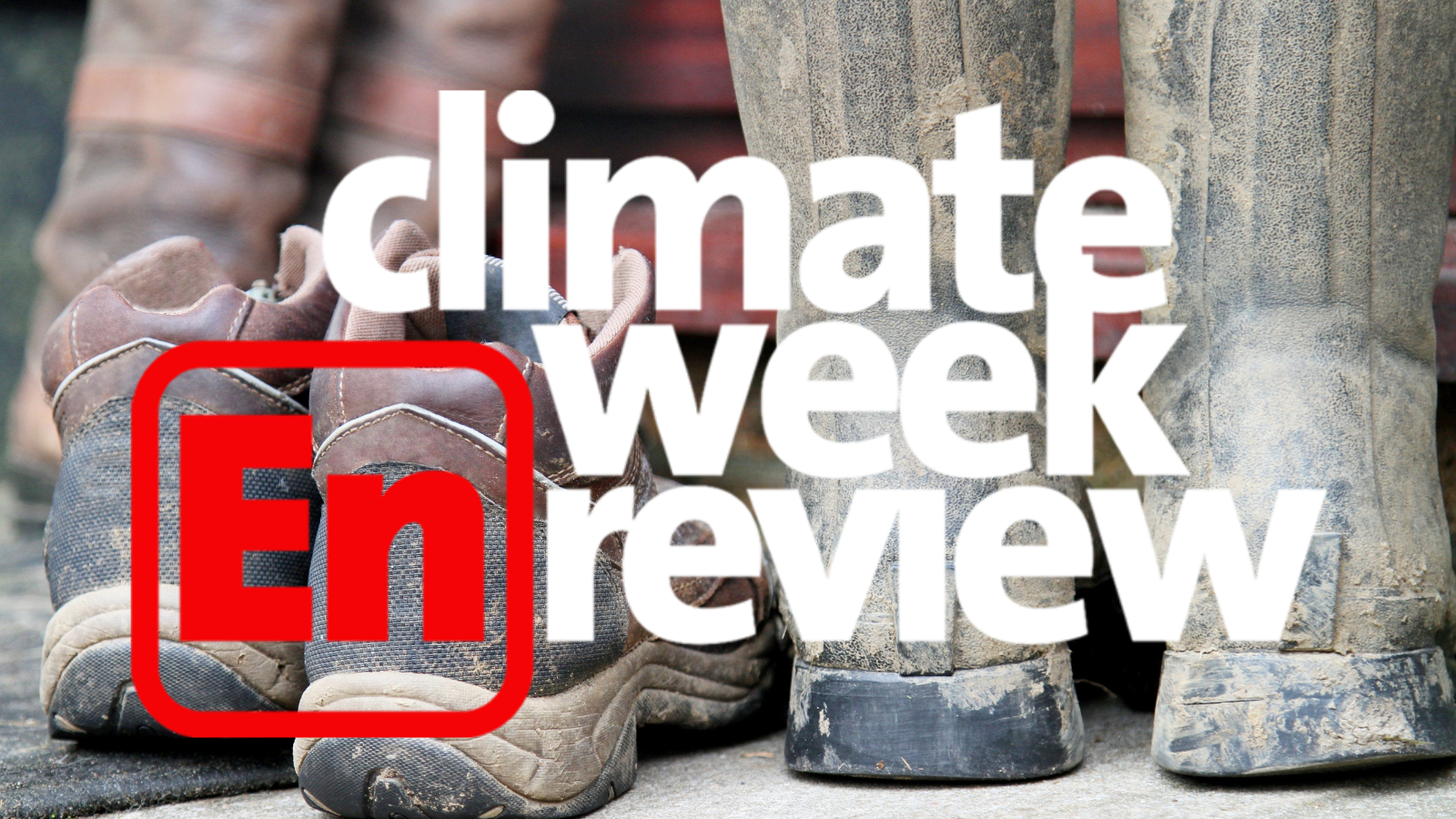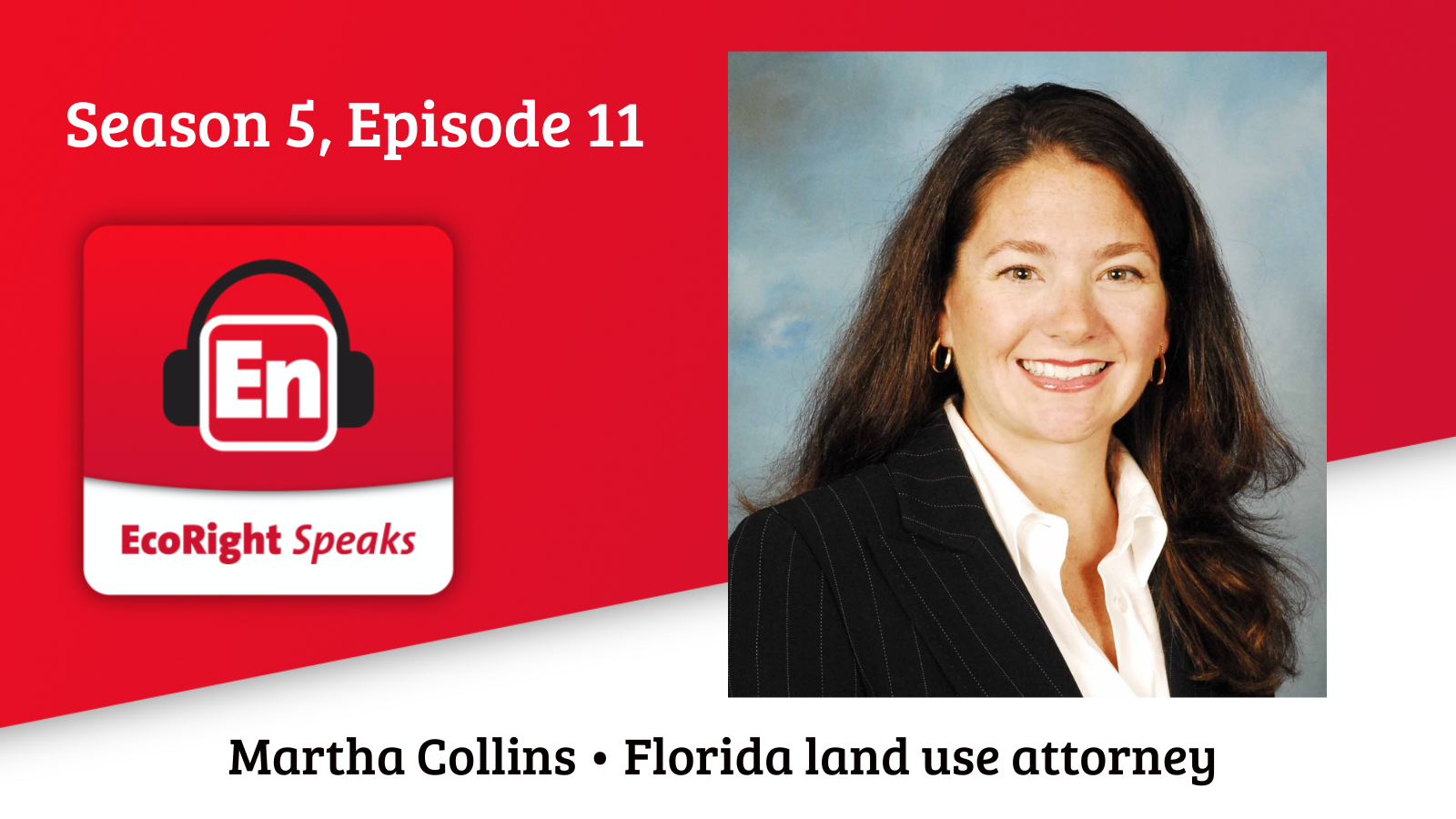
Welcome to Friday! This weekend will find me honoring my late boss Rhode Island Senator John Chafee with some former colleagues on the day that would have marked his 100th birthday. Chafee was an early Republican lawmaker who was eager to learn about climate change (in the 1980s) and lead on solutions (1990s). Cheers to all the trailblazers!
🎉Congratulations to one of Mason’s own: Ed Maibach🎉
We were thrilled to learn that George Mason University’s 4C Director and distinguished GMU Professor, Ed Maibach PhD, MPH, has been elected to the prestigious National Academy of Medicine (NAM). The National Academy of Medicine recognized him for his “groundbreaking research on public understanding of climate change,” his leadership engaging a diverse cross section of professionals and policymakers, and his work to educate the public about the health risks and need for immediate climate solutions.
“I am humbled—and thrilled—to have been elected by the nation’s leading experts in medicine and public health to join their ranks at the National Academy of Medicine. The honor belongs as much to Mason as to me, because Mason supported me in focusing on the public health importance of climate change long before the looming crisis was recognized by most universities as having relevance to human health,” he said.
Congrats, Ed!

EcoRight Speaks, season5, episode 11: Marti Collins, Florida land use attorney
This week, we have a fantastic guest for you from the state of Florida, which is still recovering from damage wrought by Hurricane Ian. Marti Collins is an environmental and land use attorney, as well as a board member of the American Water Security Project. She is passionate about helping communities achieve coastal resilience, no easy feat with increased pressures due to intense storms and the desire to live on the coast. She might become my new best friend because we totally hit it off. She makes a compelling case for why climate change and increased storms put pressures on the built and natural environment.
Listen and enjoy!
Coming up next week: American Water Security Project co-founder Dr. Brandon Shuler will talk about the role that wastewater infrastructure plays in our healthy environment.
Curtis opens first Conservative Climate summit:
Utah Rep. John Curtis recently hosted the inaugural Conservative Climate Summit at the University of Utah’s David Eccles School of Business. In his opening remarks, Curtis urged conservatives to “be present” in conversations surrounding the environment.
“We are losing the next generation of Republicans,” he said. “Many of them are single-issue Republicans because of climate. We can’t afford to lose even a small percentage of this next generation of Republicans, and this is important to them.”
At the event he was presented with a Business Council for Sustainable Energy Distinguished Leadership Award by Heather Reams, who with Citizens for Responsible Energy Solutions has herself been key in helping build the membership of the 73-member House Conservative Climate Caucus.

Bob on the road:
There’s no journal entry, but Bob was in Florida this week, here pictured at the Florida State University International Law Student Association chapter. If you want him at one of your events, reach out to me and I will connect you with the so-called powers that be!
This week’s must read: To Save America’s Coasts, Don’t Always Rebuild Them (Dr. Robert Young, The New York Times) We are still hoping to get the author on the podcast, but in the meantime, check out his thoughtful piece on the challenges and perils of coastal development.
“Federal and state taxpayers have spent billions of dollars over the past four decades pumping up beaches in front of coastal properties in what are known as beach nourishment projects. In Florida alone, almost $3 billion in public funds has been spent just to keep beaches in front of investment homes and oceanfront infrastructure. Studies in Florida have shown that these beach projects increase oceanfront development. Government spending is incentivizing this expansion into danger zones — a classic example of moral hazard, in which there is no reason to protect against risk when the government or federally subsidized flood insurance is there to pick up the tab,” he writes. “I am not callous about storm relief. There are many people who need help in Ian’s aftermath, and the first order of business must be ensuring they get that assistance. But a national conversation is long overdue about the dollars we invest in rebuilding coastal resort communities and what we should expect in return. At the moment, taxpayers are getting little back from these investments.”
And good news to end:
The Southeast is really positioning itself as center to the clean energy future. BMW recently announced a $1.7 billion capital investment to begin building all-electric vehicles for the U.S. and world markets at its Spartanburg, South Carolina plant. That means jobs for locals and more US-produced EVs on the market in the future.
That’s it for me. Be well.
